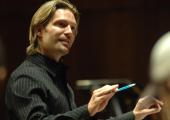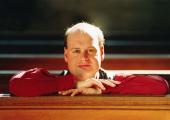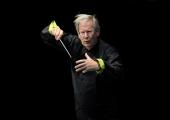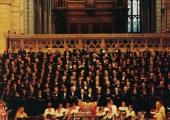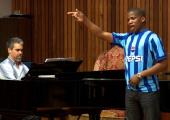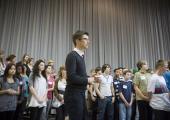A Choral Christmas on Radio 3
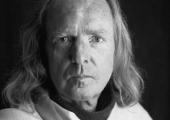
Christmas is coming, and prepare ye the way for a sledge-load of new music. It’s probably not just Stephen Cleobury’s annual commissioning of new carols for the King’s College Service of Nine Lessons and Carols that does it (though he must be partly responsible), but come Christmas every year there is a positive avalanche of new carols rumbling into the choral world. Whether broadcast to millions or sung to an audience of 37 in a tiny church carol service, Christmastide certainly gets the creative juices flowing among our composers.

